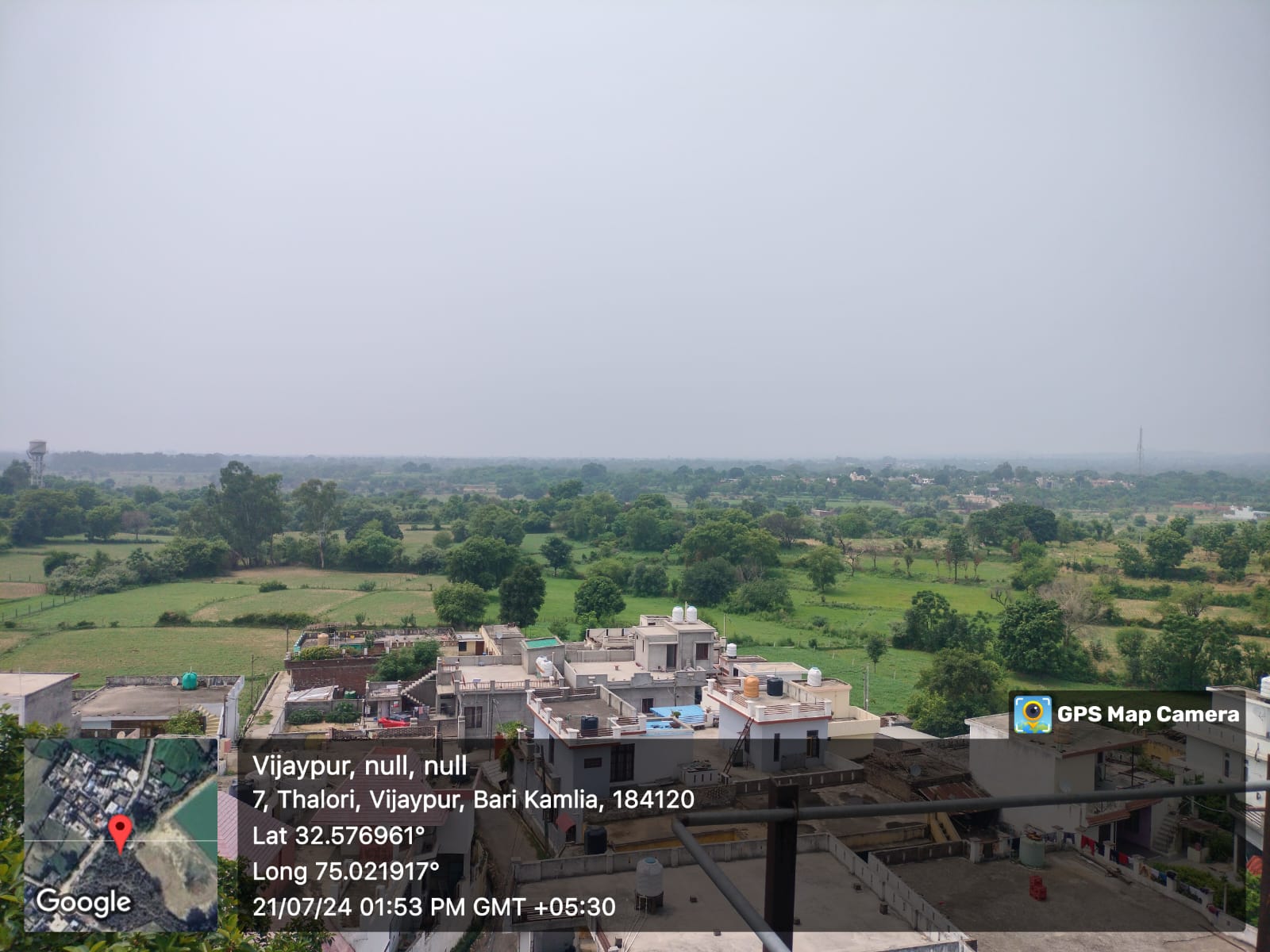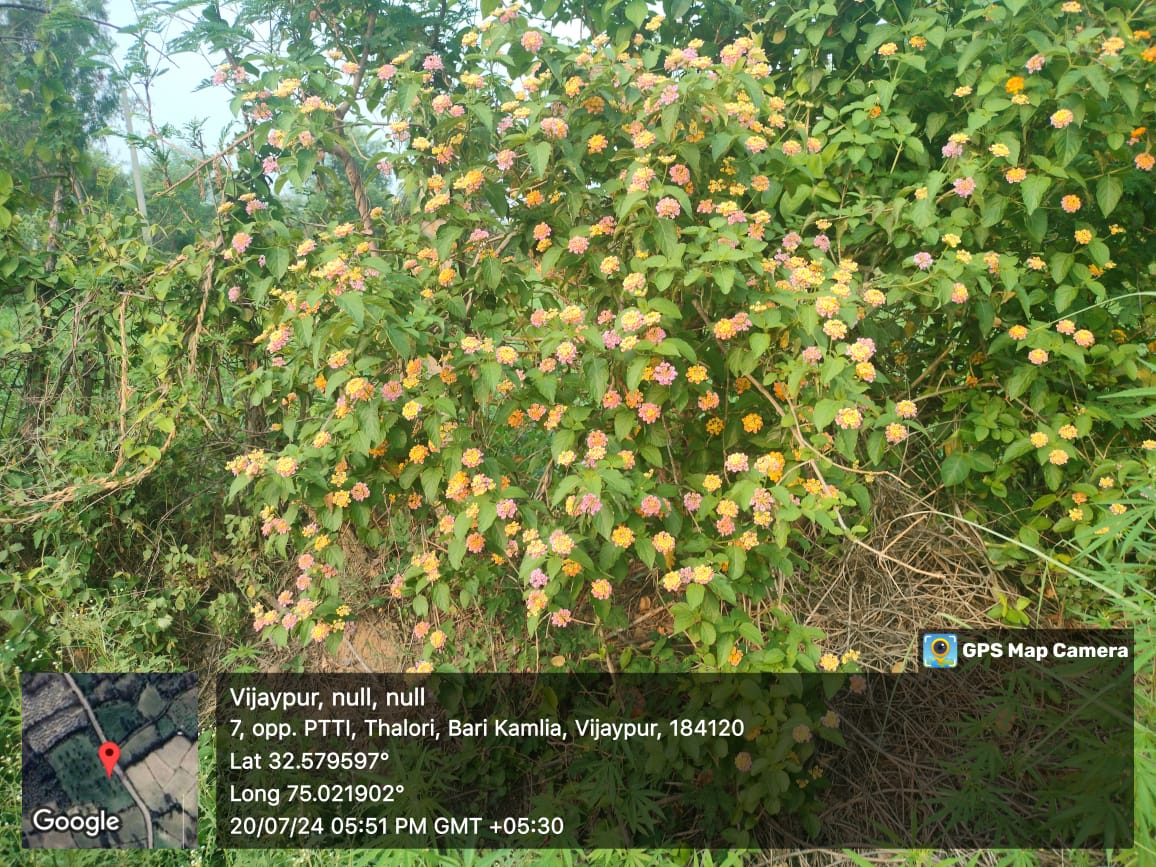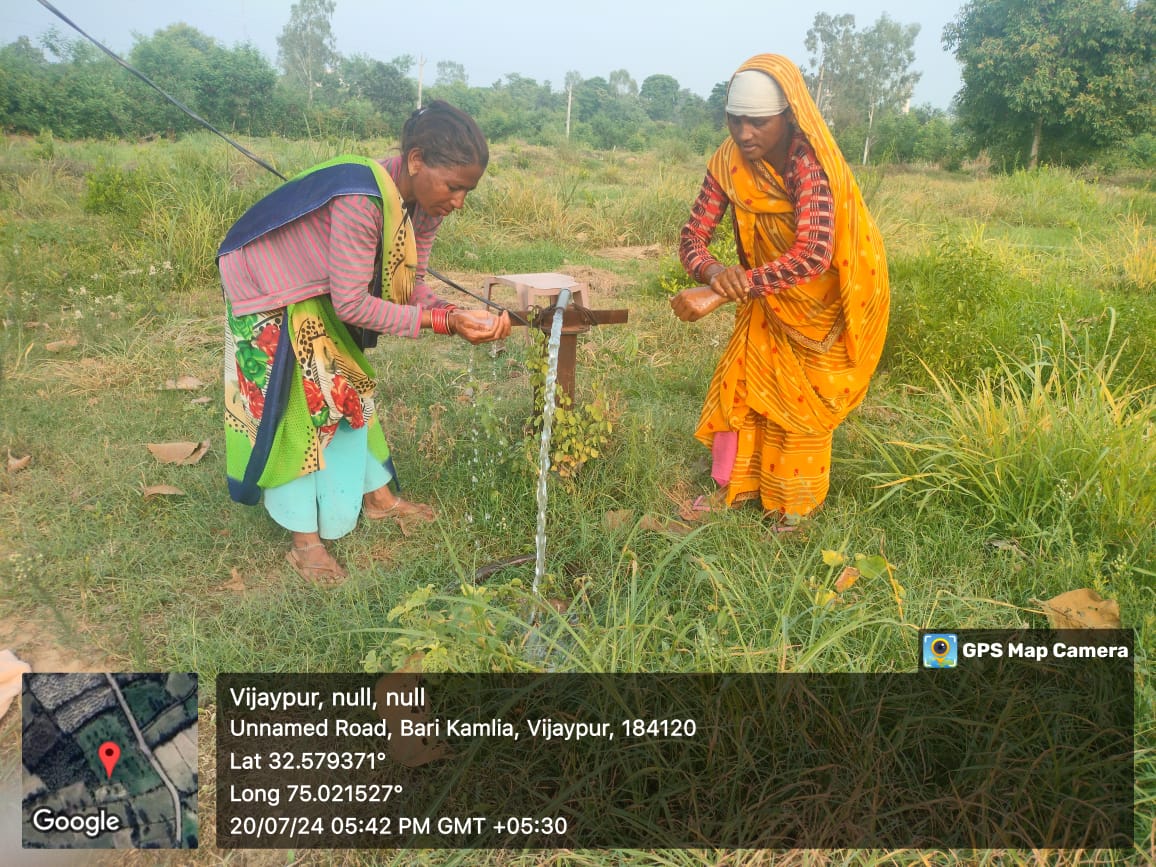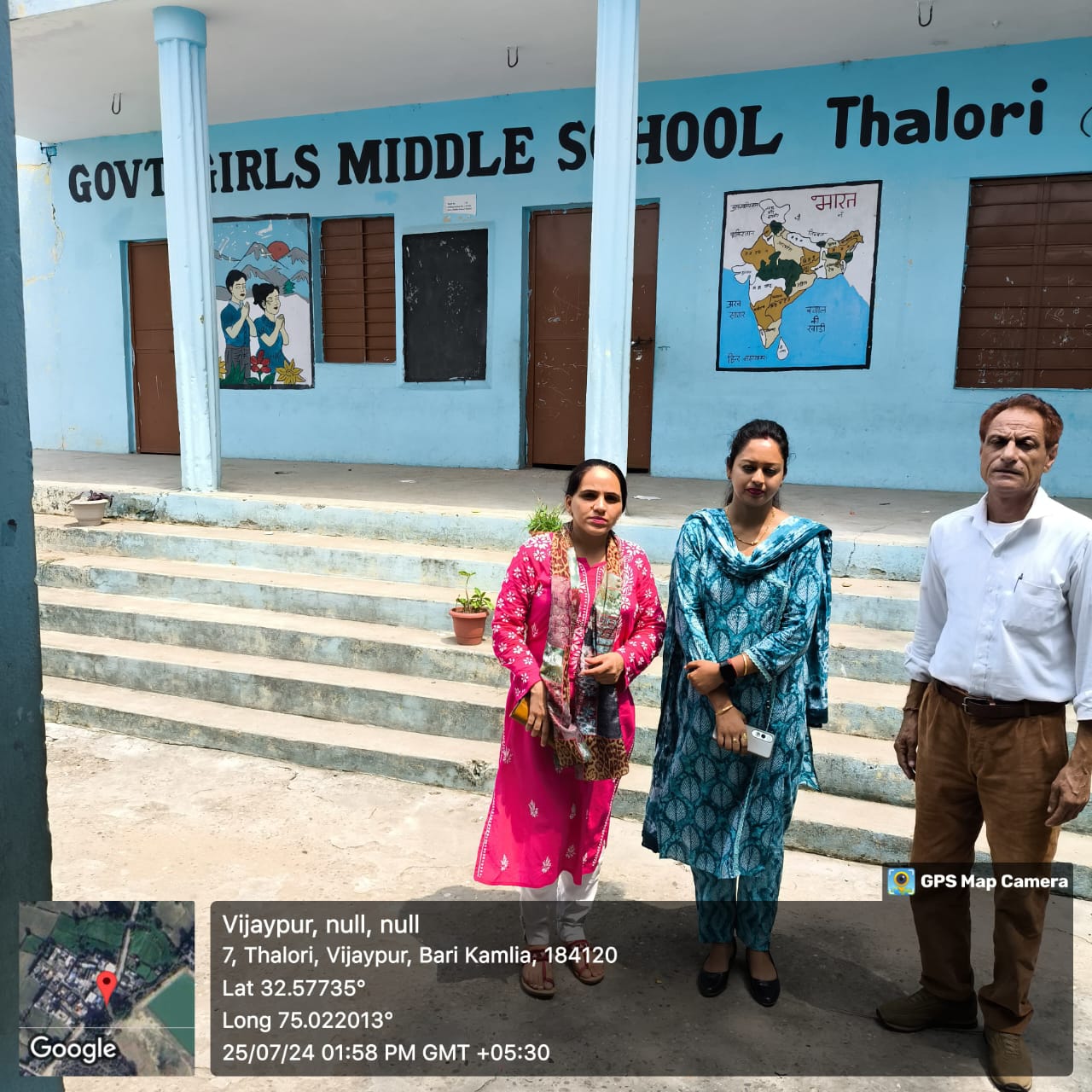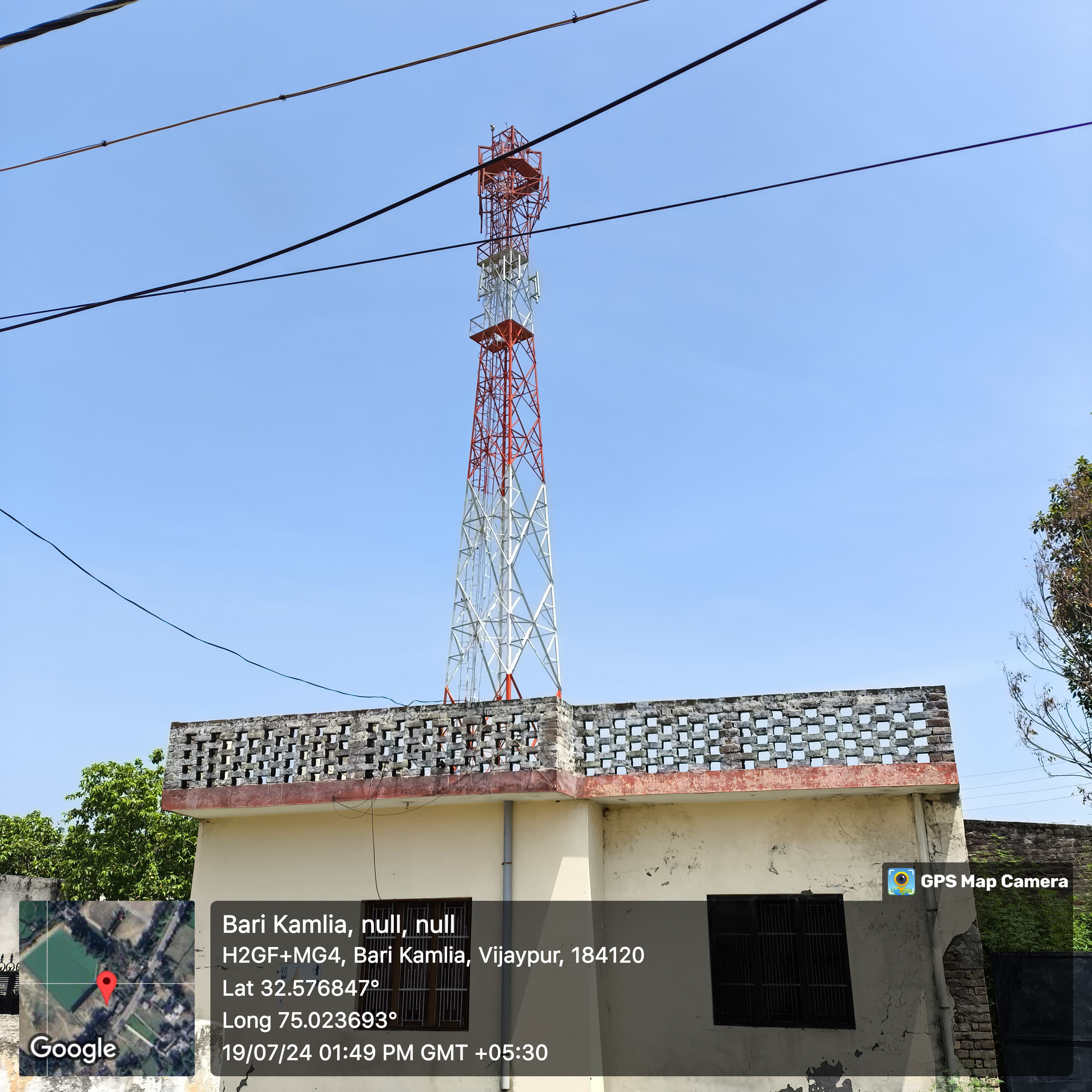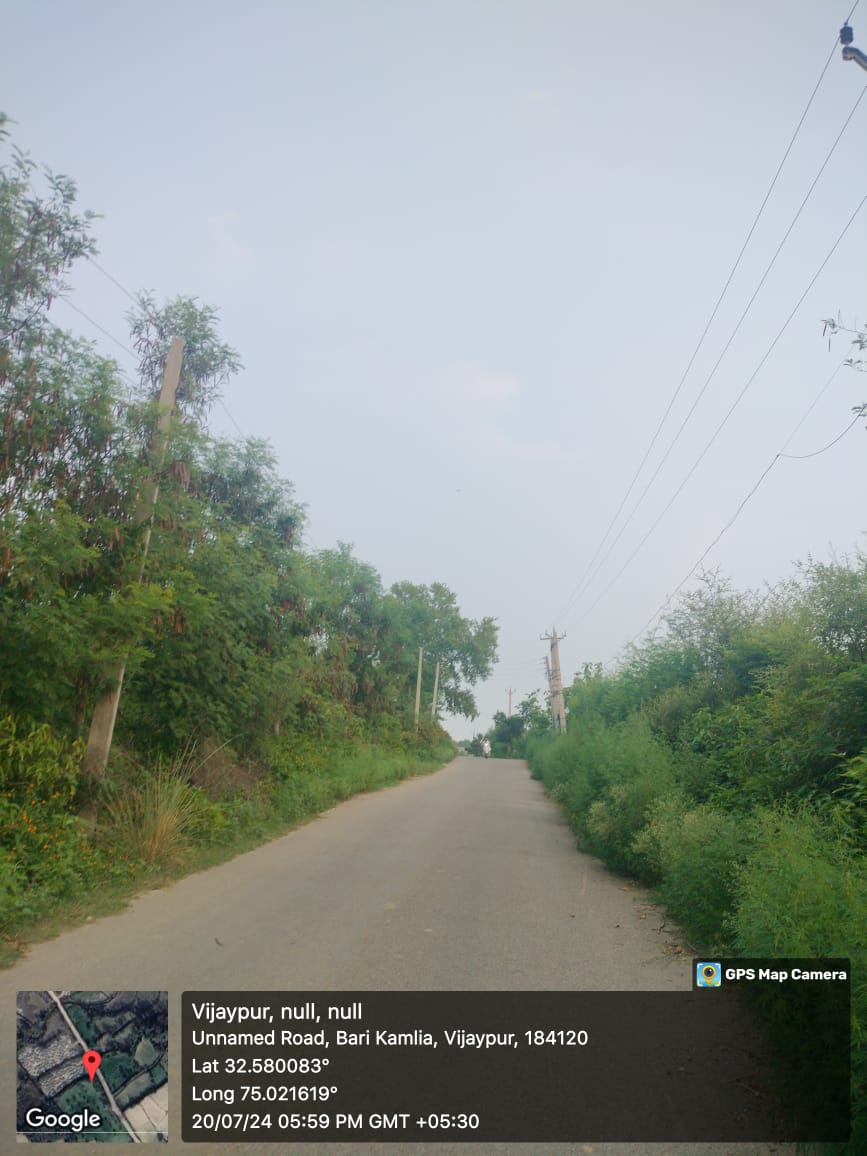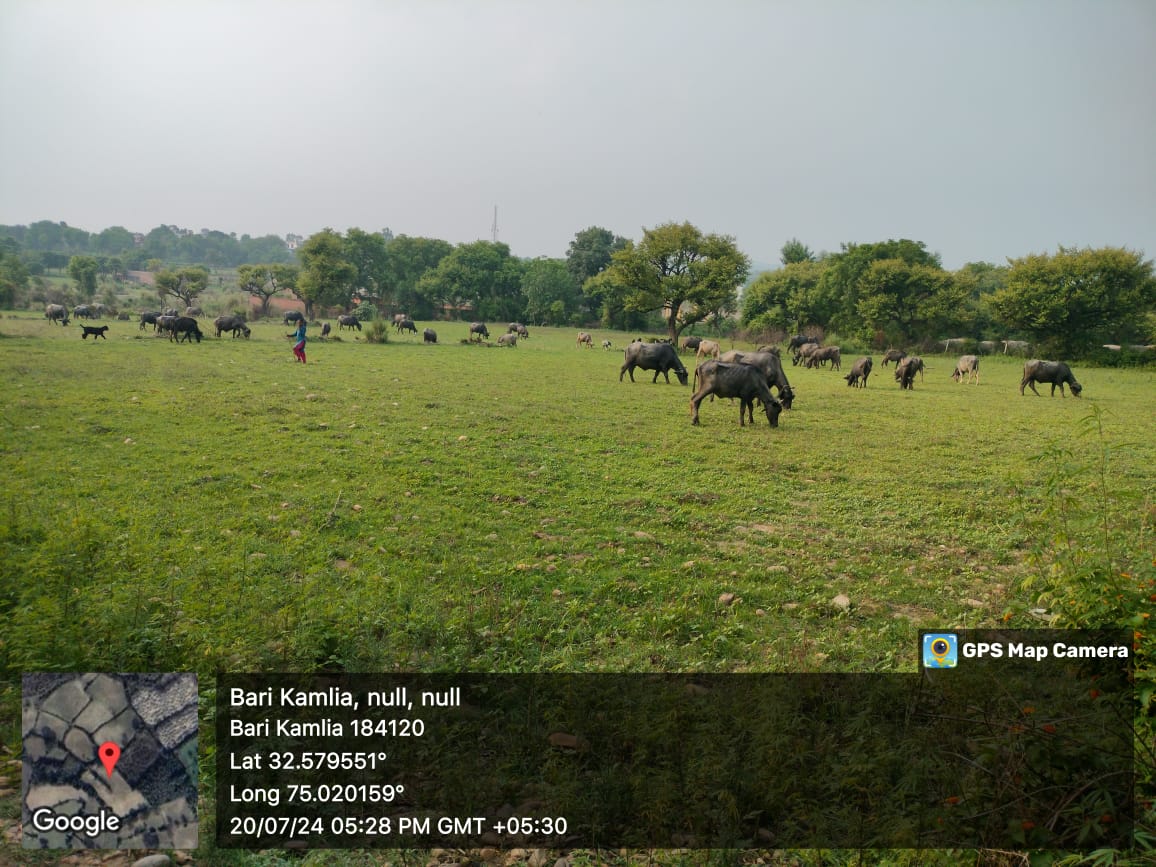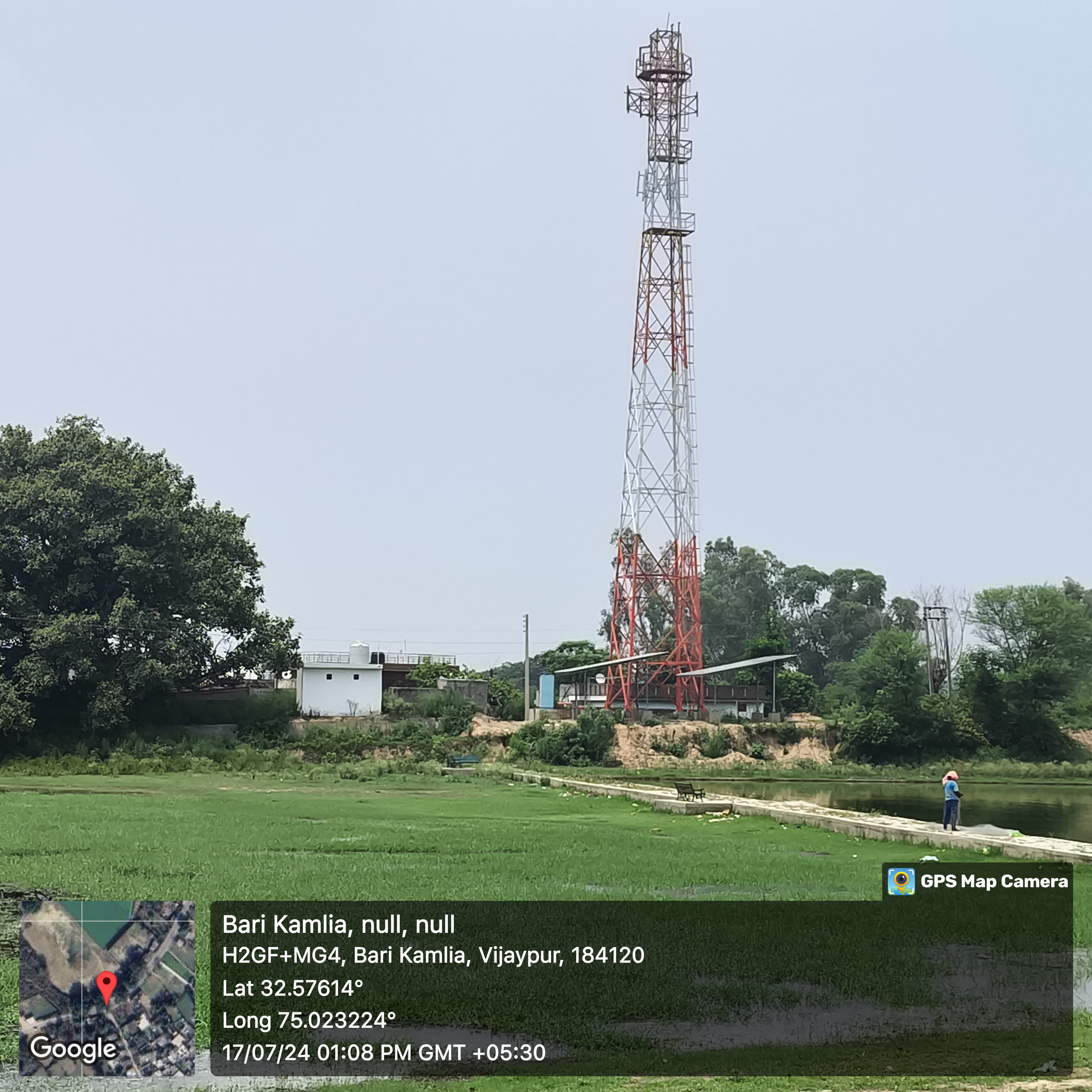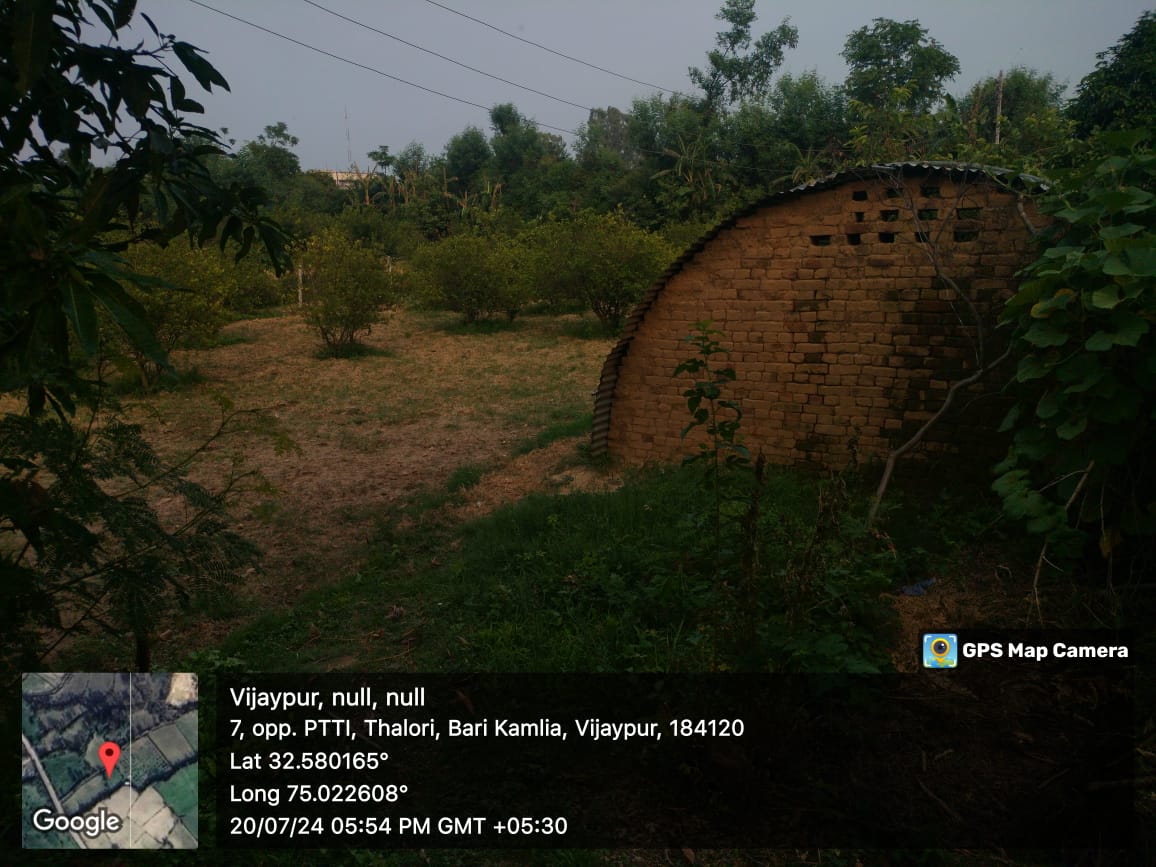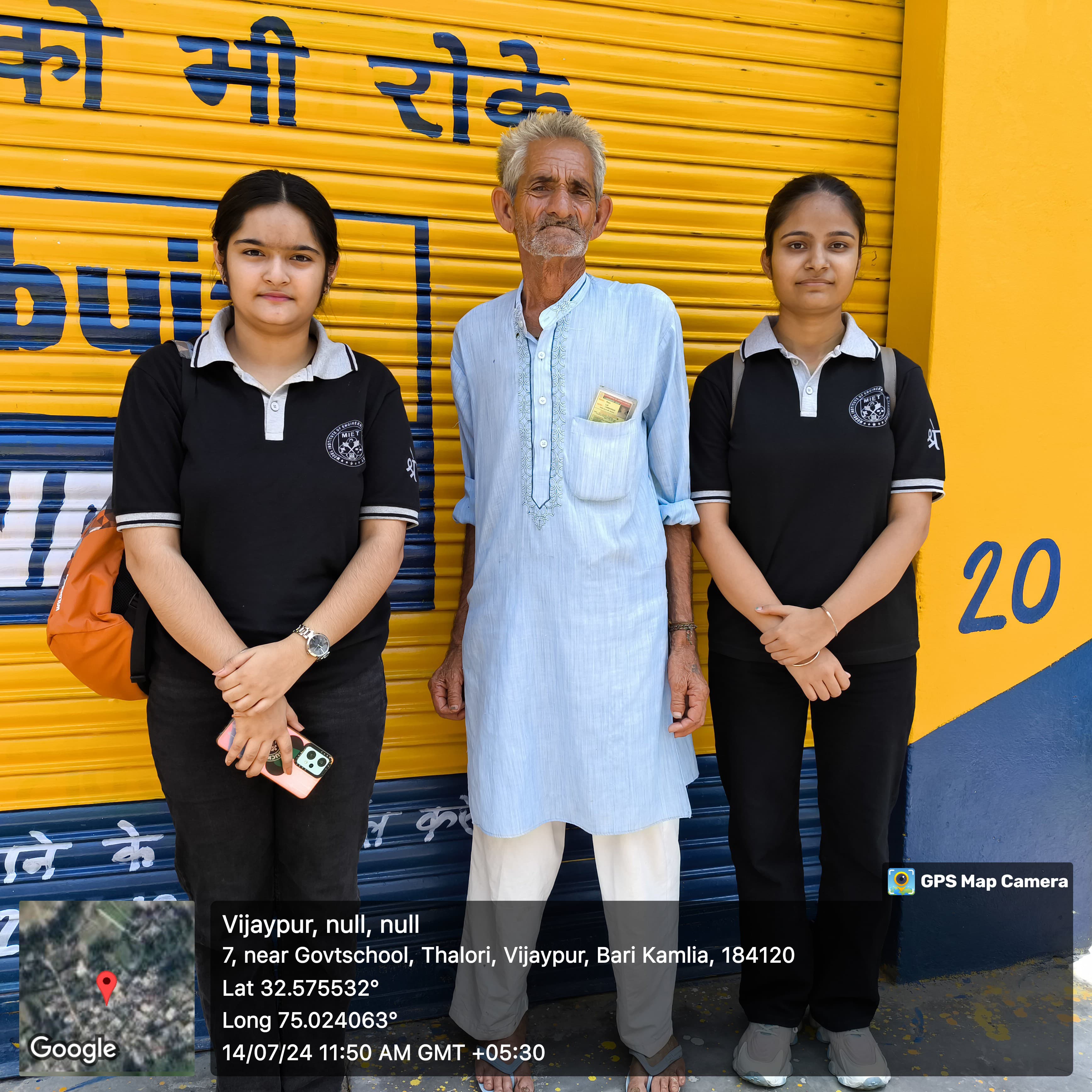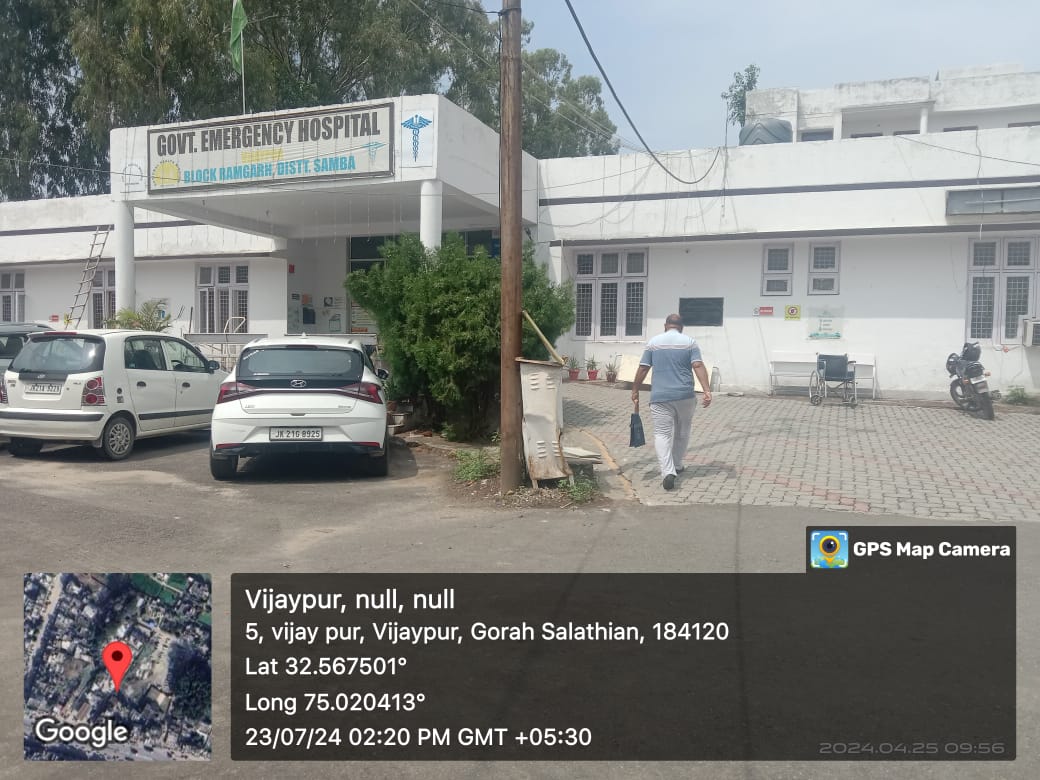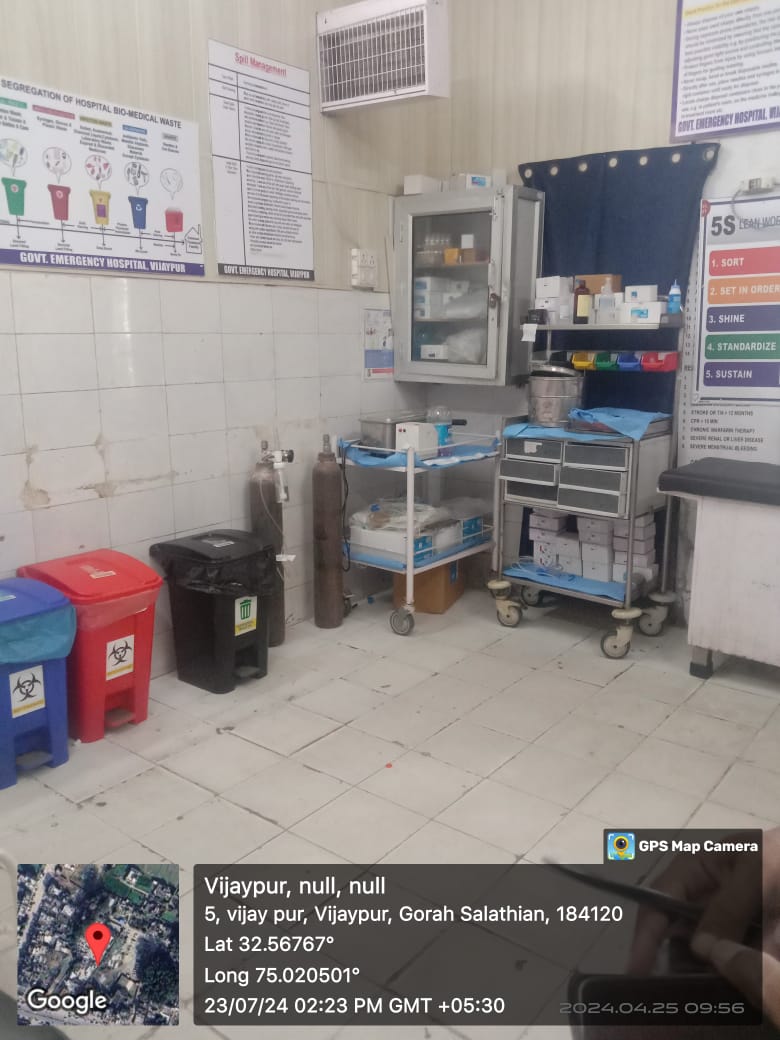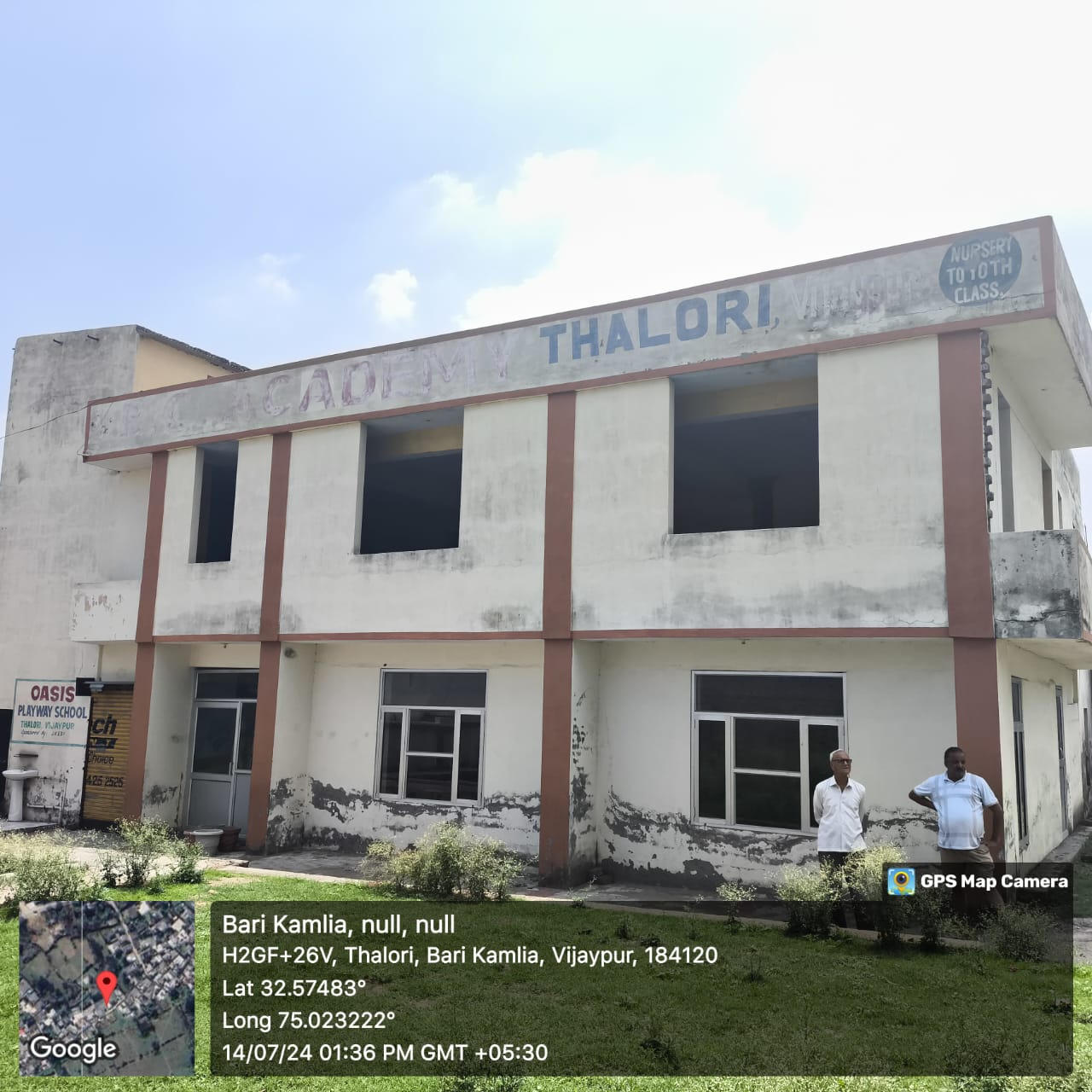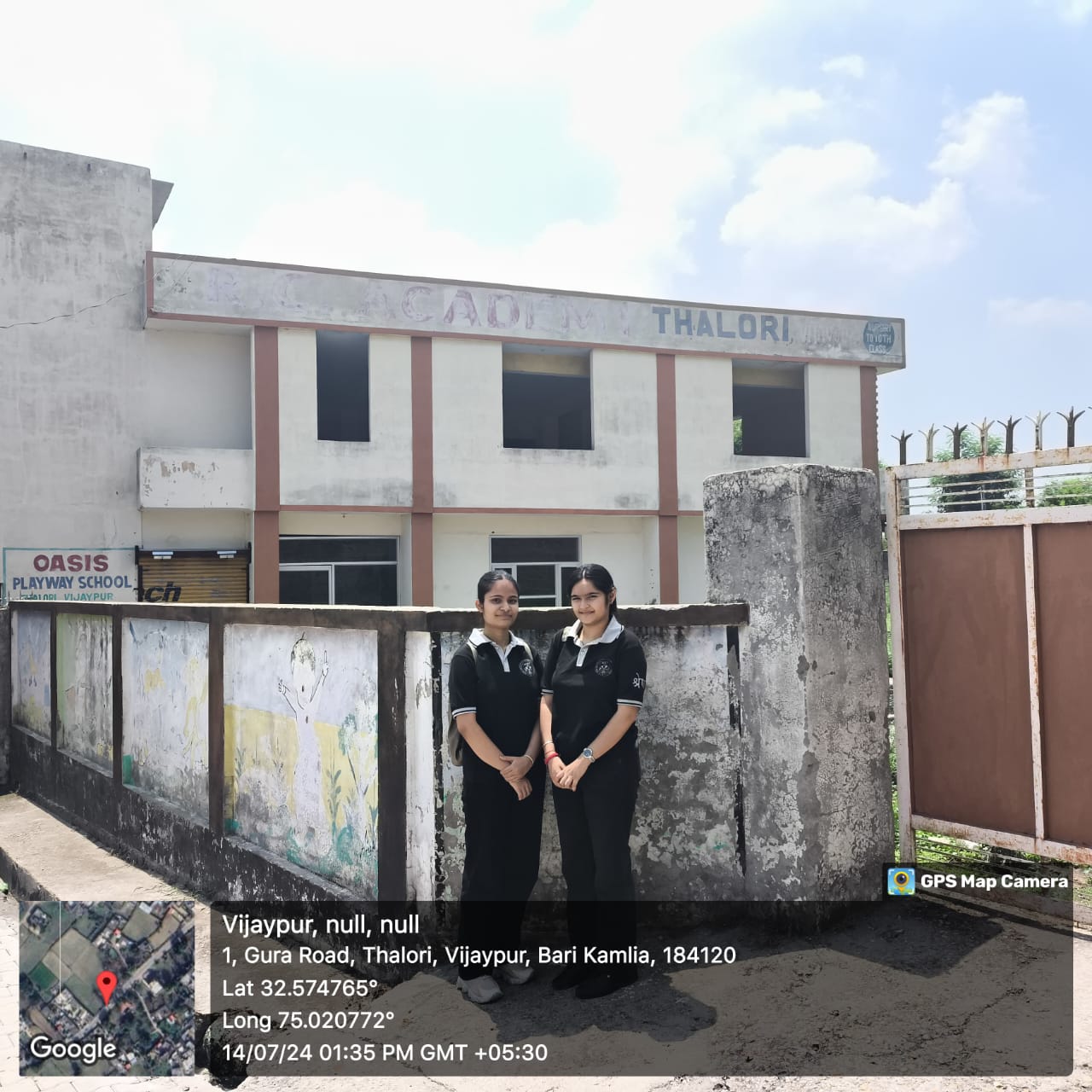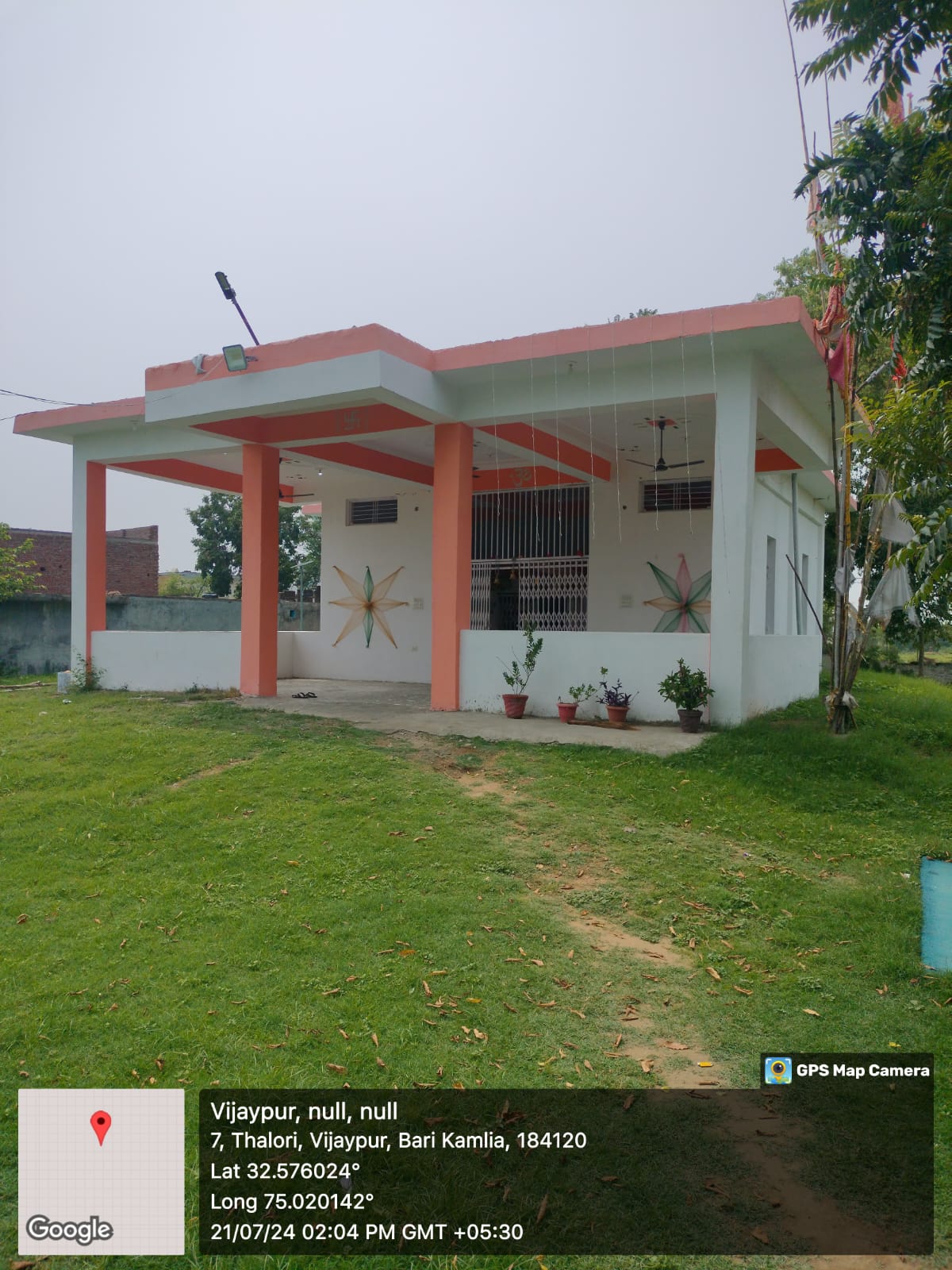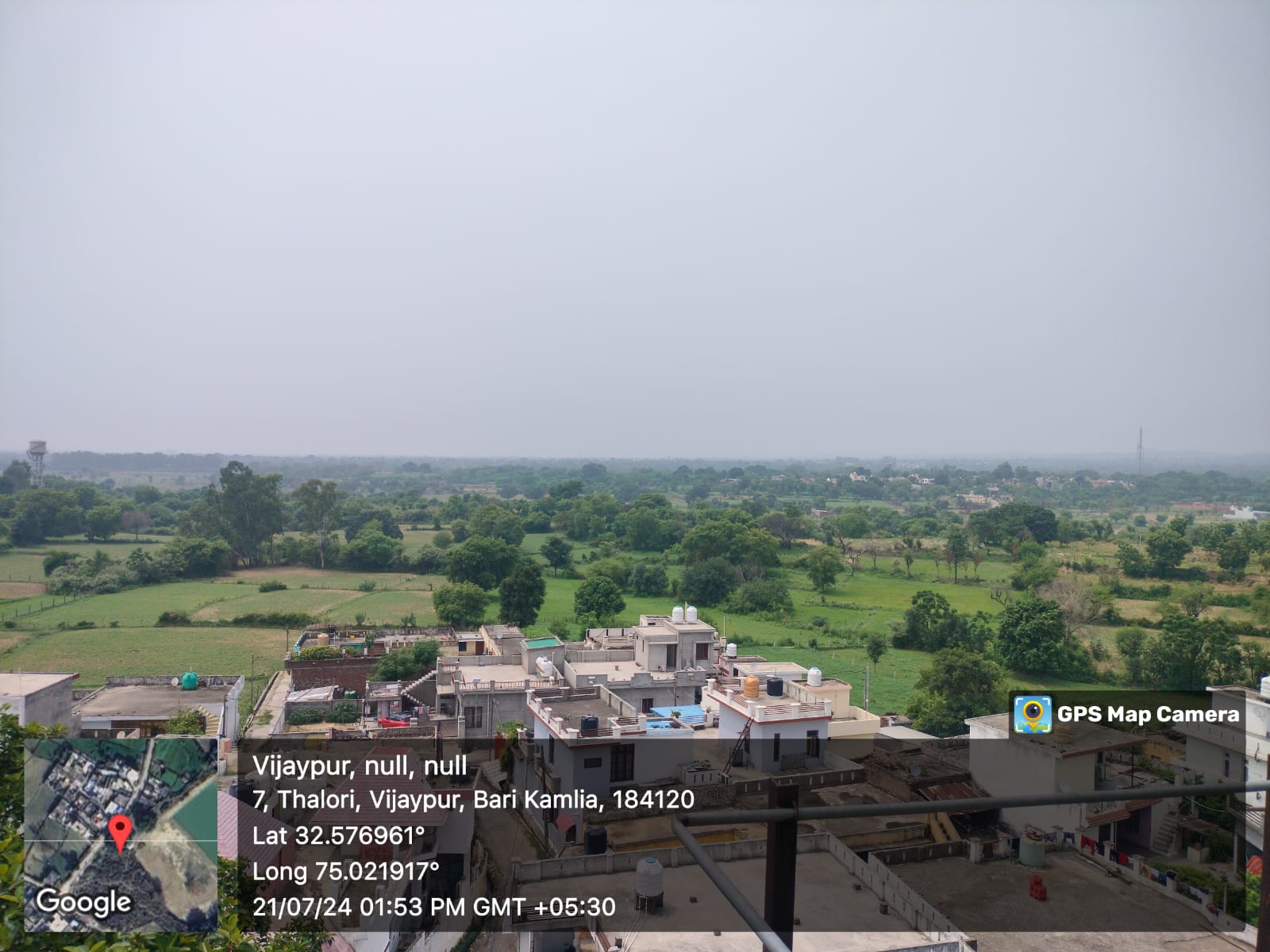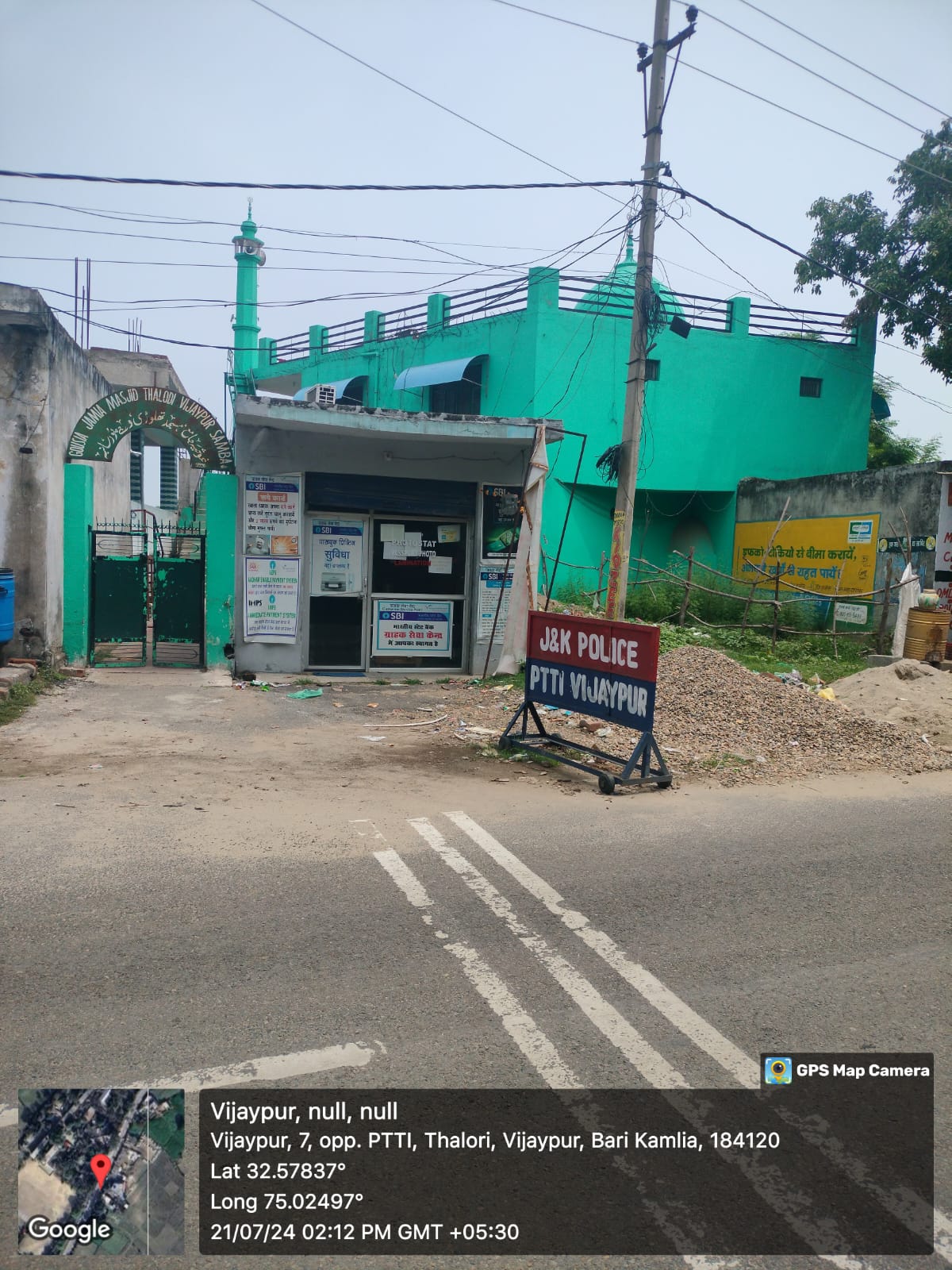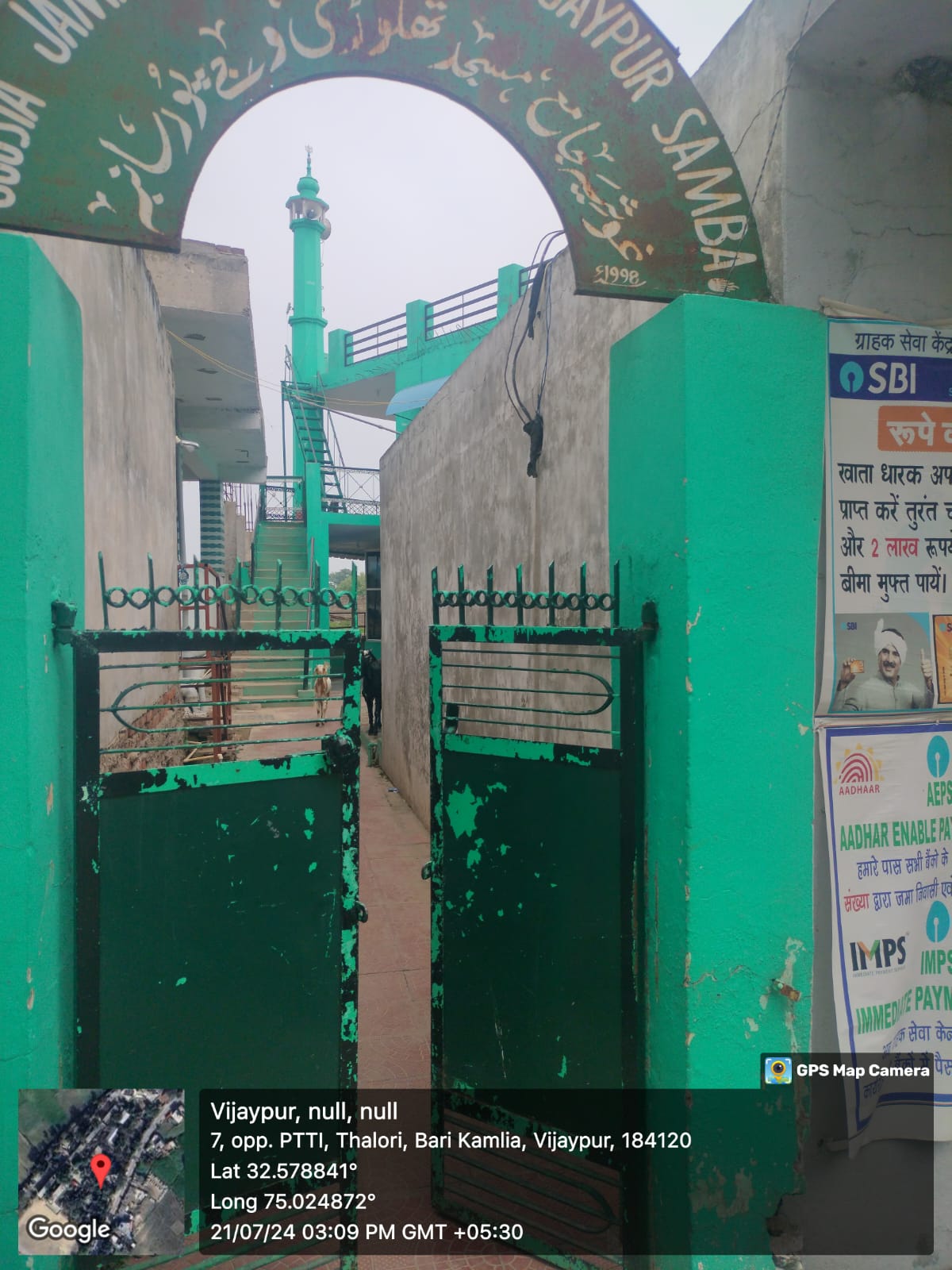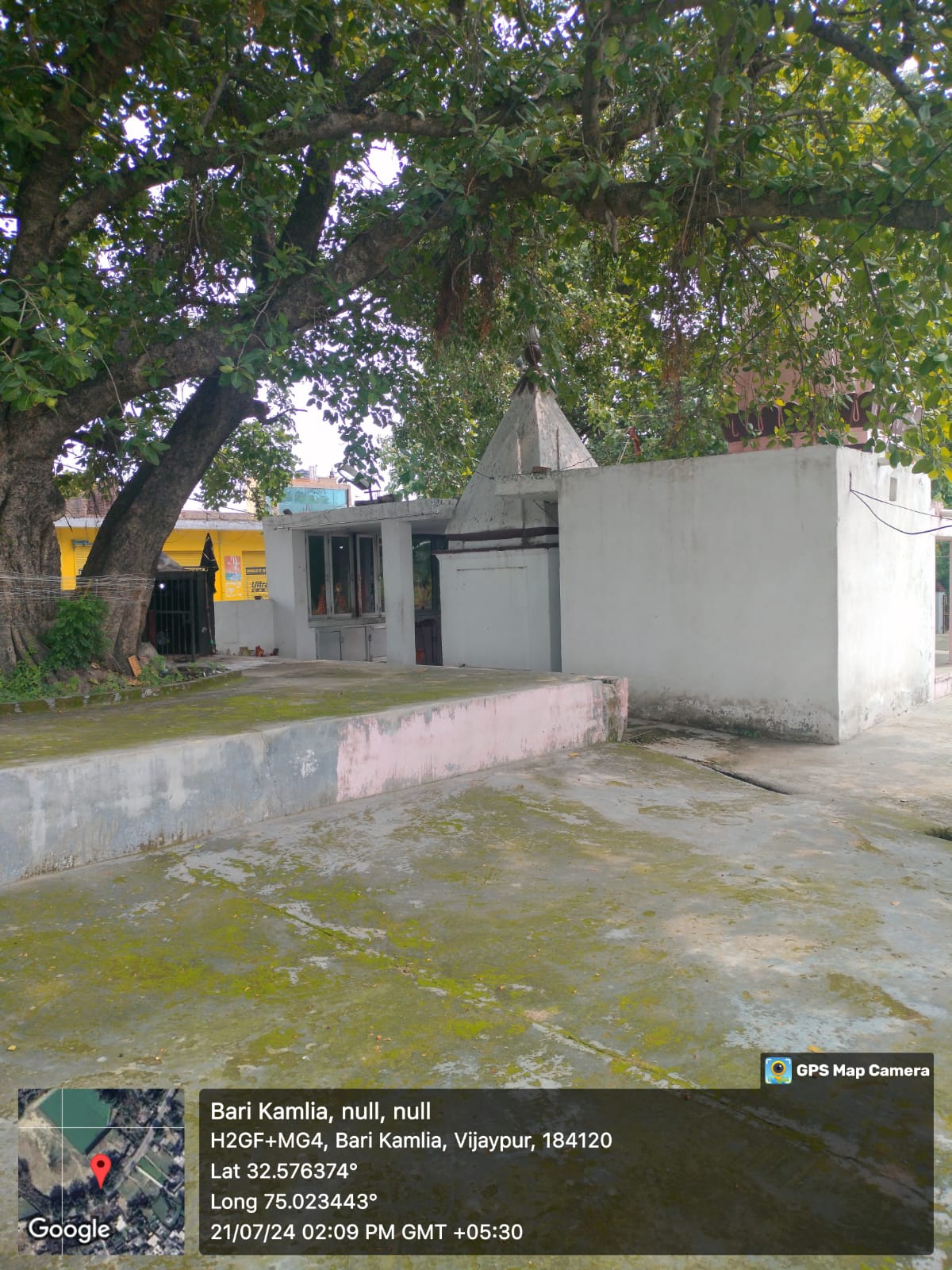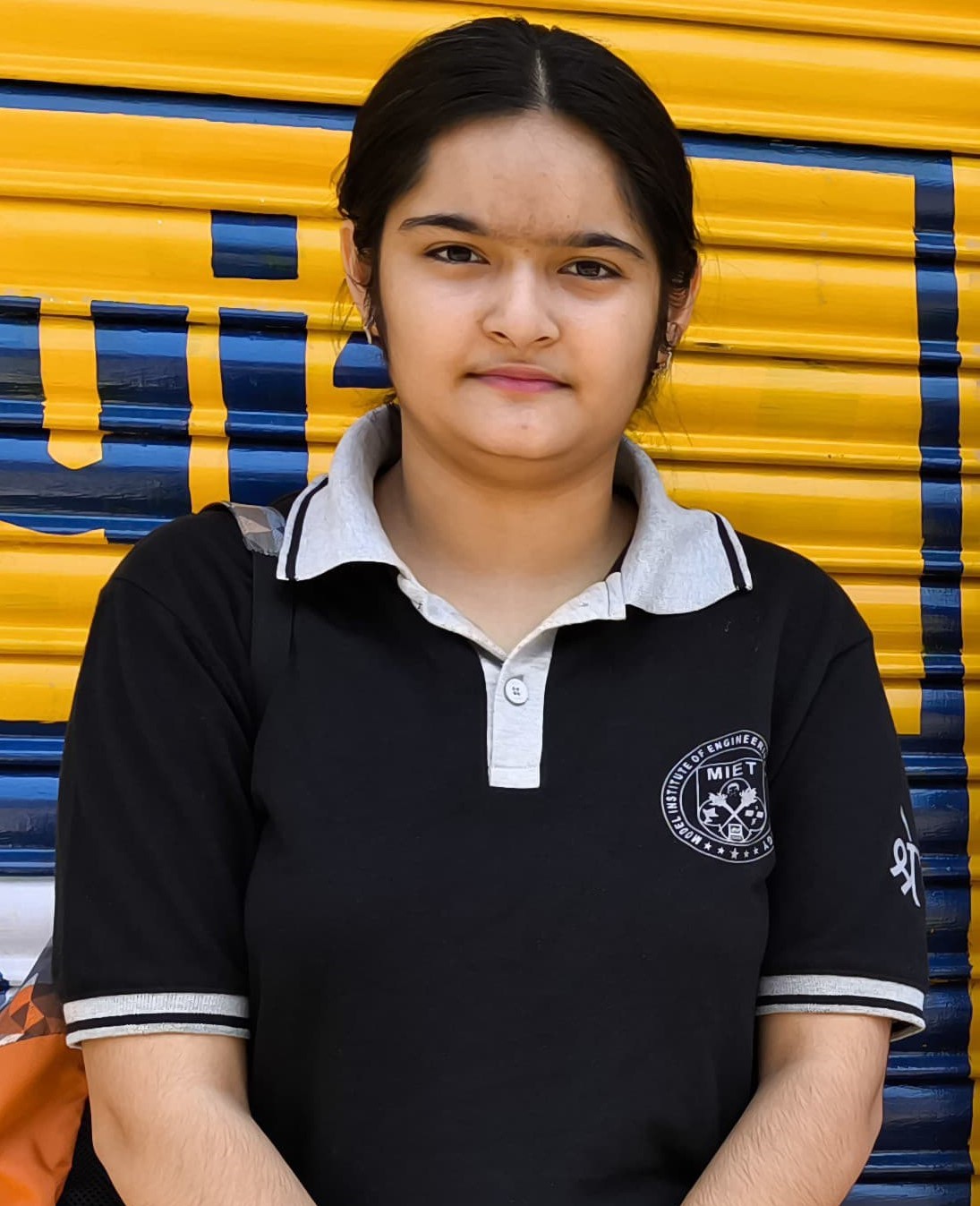Description
Introduction
Thalori is a quaint village situated in the Samba district of Jammu & Kashmir, within the Jammu province. This village is divided into three revenue villages and has a fascinating history tied to migration and cultural amalgamation. Over the centuries, the people of Thalori have come from various backgrounds, including those who migrated to the area and those who are deeply connected to its history. The name "Thalori" is derived from the Thalori Brahmins, believed to have migrated from a village near Mansar about 200 years ago, contributing significantly to the identity of the village.
Population and Urbanization
Thalori is home to an estimated population of around 2,000 people, with a diverse demographic consisting of various communities. The primary communities residing in Thalori are:
-
Thalori Brahmins: The original settlers of the area, with a rich cultural heritage and influence on the village's social structure.
-
Gujjars: Predominantly Muslim families who have lived in Thalori for generations. Many Gujjar families migrated to Pakistan during the 1947 Partition, but some still reside in the village, contributing to its unique cultural landscape.
-
Jats: Migrants from the Chhamb area who relocated to Thalori during the 1971 Indo-Pak war, adding to the multicultural fabric of the village.
The primary occupation of the people in Thalori is agriculture, although the land is not irrigated, and the soil conditions are challenging (Kandi land), which hampers the productivity of crops. However, over time, education has started to provide new opportunities, leading some residents to take up government jobs, open small businesses, or pursue careers in various professional fields.
Cultural Heritage
Thalori has a rich and diverse cultural heritage, with agriculture remaining a central activity for its people. However, the village has seen a shift in focus as education has gained prominence, especially among the younger generation. Many of the youth from Thalori are pursuing higher education, often traveling outside the state to gain access to specialized knowledge and skills. This has contributed to a rise in literacy rates and has opened up new avenues for employment, especially in government and private sectors.
Thalori takes pride in its sons and daughters who have made significant contributions to the defense forces, higher education, and other sectors, bringing honor to their village. The achievements of the village’s residents in various fields have brought recognition and have become a source of inspiration for future generations.
Historical Account
Before the 1947 Partition, Thalori’s population was predominantly Muslim, with the Gujjars being the largest community in the village. The Partition, however, led to the migration of many Muslim families to Pakistan, significantly altering the village’s demographic landscape. This period of migration reshaped the social and cultural fabric of Thalori.
During the 1971 Indo-Pak war, a significant number of Jats from the Chhamb area were displaced and resettled in Thalori, further diversifying the village’s population and contributing to its present-day composition. These historical events have had a lasting impact on the village, making it a testament to resilience and cultural adaptation.
Attractions of the Village
One of the defining features of Thalori is its central pond, which serves as the heart of the village. This serene water body is surrounded by several important temples that are integral to the spiritual life of the community. Among the notable temples are those dedicated to:
- Lord Shiva
- Lord Rama
- Mata Durga
These temples are places where the villagers come to pray and seek blessings for their well-being, playing a central role in the religious and social life of Thalori.
In addition to these temples, Thalori also houses an ancient religious site dedicated to Naag Devta (the snake deity) and Peer Baba, which draws devotees from nearby regions. These sacred spaces add a unique spiritual dimension to the village, making it a place of pilgrimage for many.
Village Traditions
Thalori is well-known for its traditional annual wrestling event, commonly referred to as a "dangal." This longstanding tradition has been a part of the village’s cultural identity for decades and attracts wrestlers from across northern India. The event is a highlight of the year, where participants compete for significant cash prizes, showcasing their physical prowess and skill. This wrestling competition not only promotes physical fitness and sportsmanship but also strengthens the sense of community and local pride in Thalori.
The "dangal" serves as a celebration of the village’s heritage, offering a platform for local talent and helping to preserve age-old traditions. It is a major social event that brings together people from all walks of life, reinforcing the bond between generations and fostering unity within the village.
Photos
Videos
Location Map
Contact Information
| Phone Number |
9149452984 |
| Email Address | |
| Website | https://jkpanchayat.jk.gov.in/directorypanch.php?panchayat=Thalora&block= |

